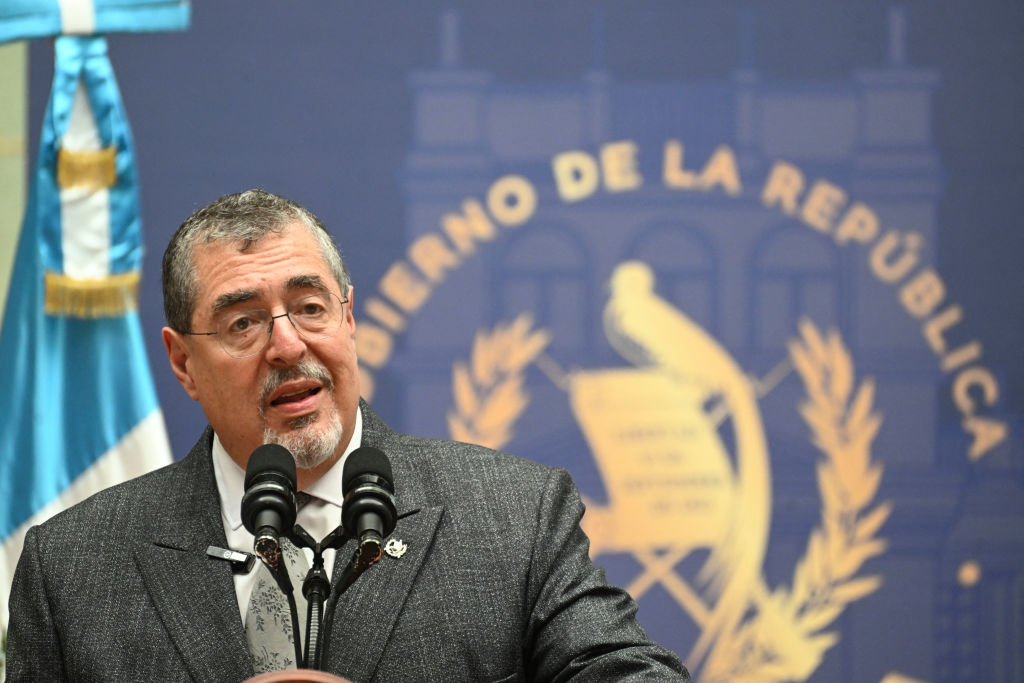Venezuelans Gear Up for Referendum
Venezuelans Gear Up for Referendum
While world attention focuses on Venezuelan President Hugo Chavez's war of words with Colombia and Spain, Venezuelans prepare to vote on a constitutional referendum that could allow Chavez to hold office indefinitely. Polls indicate the outcome of Sunday's vote remains uncertain. AS/COA’s Latin America Conference featured a discussion panel on the referendum.
While international media focuses on Venezuelan President Hugo Chavez’s fiery rhetoric against his Colombian counterpart and Spain’s monarch, Venezuelans prepare for a vote that could allow their leader to hold office indefinitely. On Sunday, they head to the polls to vote on a constitutional referendum. Results will serve as an appraisal of Chavez’s intentions to steer his country in the direction of what he has termed “21st Century Socialism.”
For the first time since taking office in 1998, Chavez may not get the victory earned in previous elections and referendums, and the outcome of Sunday’s vote remains far from certain. A poll published last week by Datanálisis showed 49 percent of likely voters rejecting the referendum versus 39 percent supporting it. Another poll by Consultores 30.11 gave pro-referendum votes a 7 percent lead. With no electoral observers present from either the European Union or Organization of American States, the referendum's results could raise suspicions.
Violent clashes have occurred on several university campuses throughout the country as students protest the proposed constitutional changes. Furthermore, former Chavez ally Raul Isaias Baduel, who stepped down as defense minister earlier this year, has urged the public to vote against the referendum, which he considers a “coup” because of the dramatic impact it will have on the constitution.
The referendum seeks to revise 69 of the 350 articles of the 1999 constitution, which replaced the 1961 constitution and was ratified by popular referendum during Chavez’s first year as president. The 1999 constitution restructured the government, reduced the bicameral legislature to a unicameral national assembly, strengthened presidential powers, and guaranteed access to education and health care.
If Sunday’s referendum is approved, it will give Chavez a far-reaching mandate to consolidate and maintain power by removing presidential term limits. Other changes include an end to the Central Bank’s autonomy, the suspension of the right to information and due process during states of emergency, government expropriation of land without judicial review, and incorporation of Chavez’s People’s Bolivarian militia into Venezuela’s military.
The referendum vote comes at a time when Ecuador and Bolivia have similar constitutional reform efforts underway. Six of nine Bolivian provinces called strikes against proposed constitutional changes this week. Ecuadorian President Rafael Correa plans to use his country’s constitutional assembly, which began work November 29, to force opposition-controlled Congress into recess.
Venezuelan Ambassador to the United States Bernardo Álvarez Herrera recently visited AS/COA and discussed Venezuela's path to constitutional reform. AS/COA’s upcoming 7th Annual Latin America Conference featured a special discussion panel on Sunday’s referendum. View a webcast of the event.






